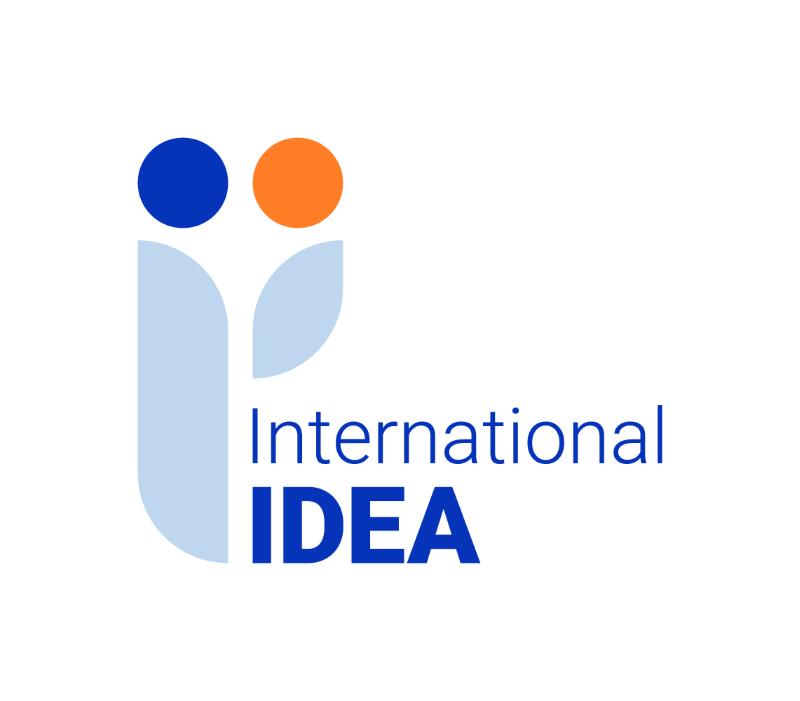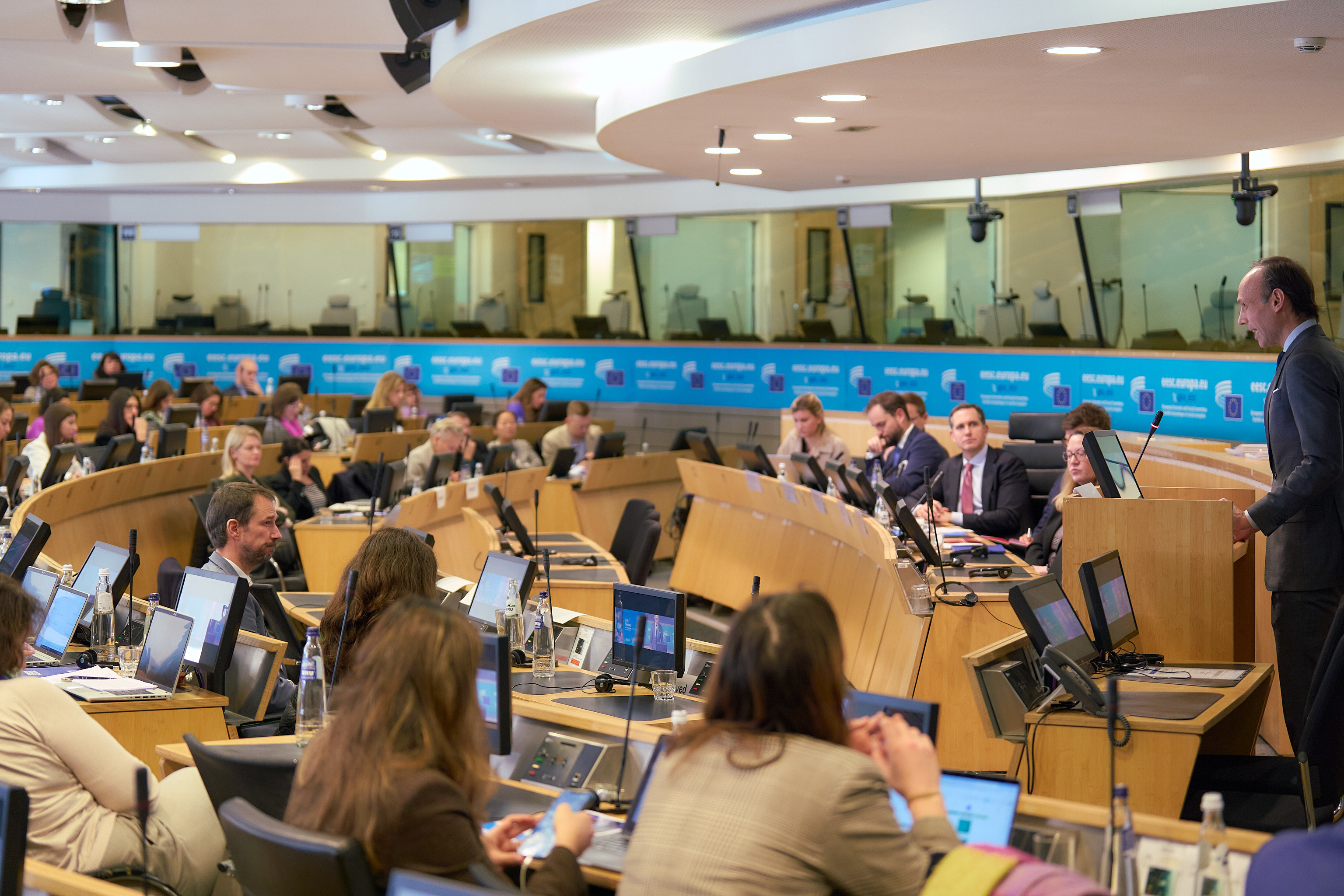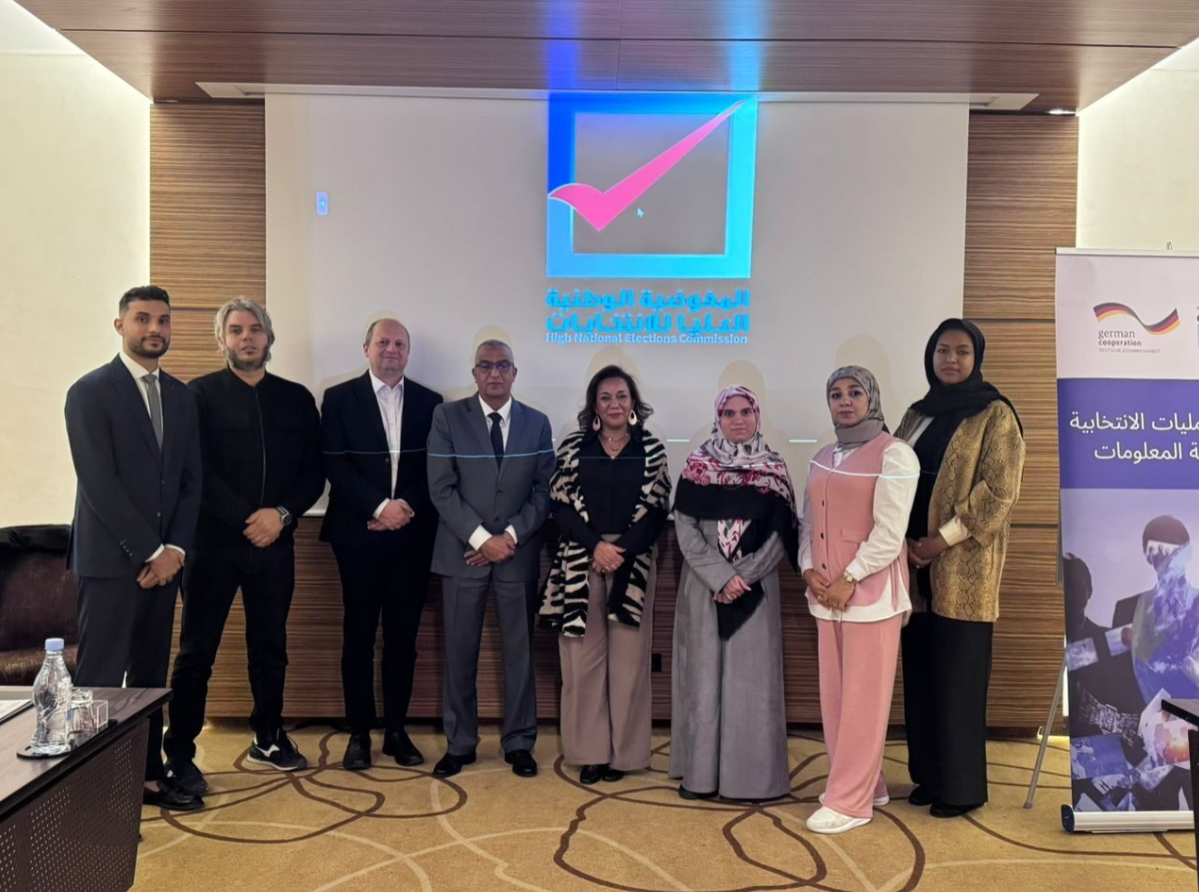International IDEA Updates and Expands the Content of the Electoral Justice Database
Elections are considered to be of paramount importance in most countries for establishing a legitimate government. Yet, this is only true when elections are fully trusted and perceived to be fair. At the same time, competition and struggle are an inherent part of elections. Subsequently, this has the potential to lead to various types of misconduct at different stages of electoral cycle: such as the rejection of qualified voters and candidates, electoral fraud, obstruction of electoral processes both by election officials and voters, campaign finance infractions, to name a few. Any of these may lead to electoral disputes. How disputes are handled is one of the important indicators of the impartiality of elections. Therefore, free, fair and credible elections necessitate the adoption of efficient and transparent electoral dispute resolution (EDR) mechanisms that are explicitly defined in legislation. Some current examples help to understand the importance of sound EDR mechanisms to handle electoral disputes (see case studies).
In 2010 International IDEA published the Electoral Justice: The International IDEA Handbook. In parallel to development of this handbook, the initial global research was conducted to study EDR mechanisms around the world. The data was then published in IDEA’s Electoral Justice Database. Taking into account the importance of and overall interest in the topic, International IDEA has conducted more comprehensive global study of EDR mechanisms during 2013-2014. The aim was to update the previous database and also expand its content by providing more in depth data about different types electoral disputes. The main target of the study was the legislation of countries providing for EDR mechanisms.
So far, the legal documents of more than 170 countries have been analyzed and the results are now available online in the new version of the Electoral Justice Database. The comparative data covers only the rules provided by law, rather than their application. Whenever possible, the data is supported by real life examples. International IDEA invites researchers and practitioners to contribute with the examples of application of EDR regulations in order to make this database more informative.
The legal provisions for EDR mechanisms are complex in many countries, which posed a challenge when classifying the data in the database. Nevertheless, the researchers engaged in the study tried to be consistent in the interpretation of the law. When the laws are not clear in certain provisions, the relevant explanations have been provided.
The old version of the database consisted of two parts: (1) challenges related to election results and (2) other electoral disputes. The second part was too broad, and, thus, was not so useful in understanding how EDR mechanisms work in some particular cases. The new database is now more targeted and consists of four specific parts dealing with:
- challenges related to elections results;
- challenges related to political party/candidate registration or nomination;
- challenges related to campaign financing; and
- election related criminal offences.
Each part consists of several questions that are crucial in the EDR process.
The database will be updated continuously by following the changes in the legislation of countries.
- In the beginning of 2014, Afghans were supposed to elect a new president. For the country, which has been going through a prolonged conflict, the change of leadership at this stage is very crucial, also because of U.S. plans to withdraw troops out of the country. The complex power struggles that surrounded the elections (both in the first round in February and the second round in June) led to reported fraud which was not resolved until mid-September, mainly due to the lack of an efficient EDR mechanism. After continuous negotiations between two main candidates, Abdulla Abdulla and Ashraf Ghani, and the involvement of the UN in the vote scrutiny, the election commission ultimately decided to declare the winner, without even announcing the final voting results.
- The European Union Election Observation Mission report (based on tripartite elections conducted in Malawi on 20 May 2014) concludes that the Malawi’s legislation provides for sound dispute resolution mechanisms to address electoral disputes. Complaints related to alleged irregularities are first handled by the Malawi Electoral Commission (MEC), whose decision may be appealed to the High Court. In certain cases complaints can be addressed directly to the High Court. During the candidate registration process, the MEC rejected nominations of one presidential candidate and 14 parliamentary candidates on the grounds of holding public office. Five of the rejected candidates appealed to the High Court and in all the cases the Court ruled that the candidates were eligible to be nominated.
- A notable case was when President Joyce Banda called for the annulment of elections due to alleged massive irregularities, and ordered that the tallying of the results by the MEC be stopped and new elections be held. However, the MEC together with the Malawi Law Society initiated a judicial review and were granted a court order preventing the execution of the President’s decision, which allowed the MEC to continue with tallying. After several other judicial procedures involving the High Court, the MEC subsequently announced the presidential election results.




